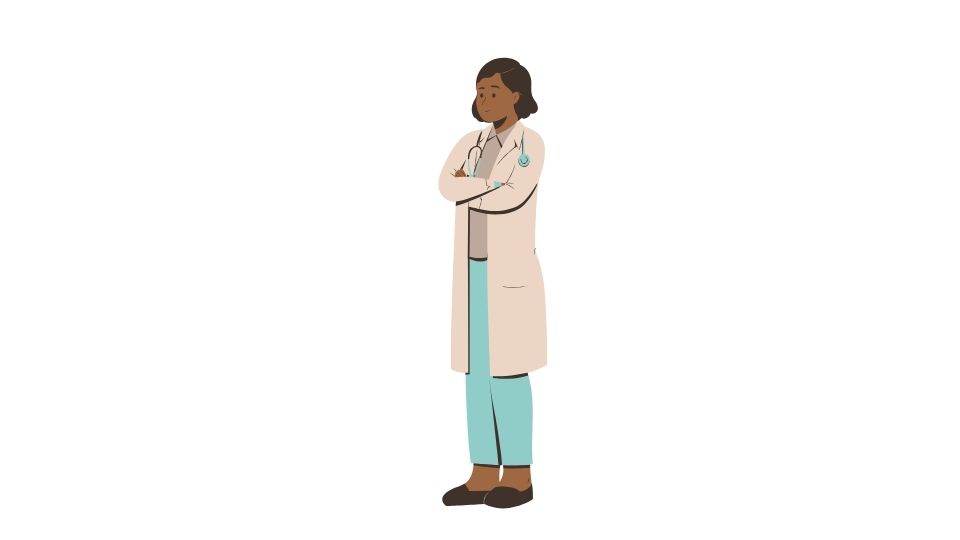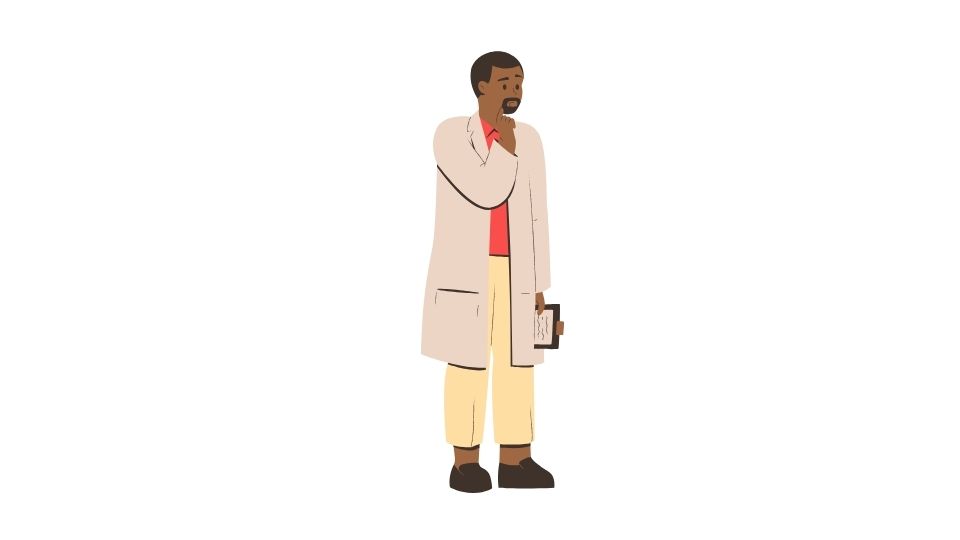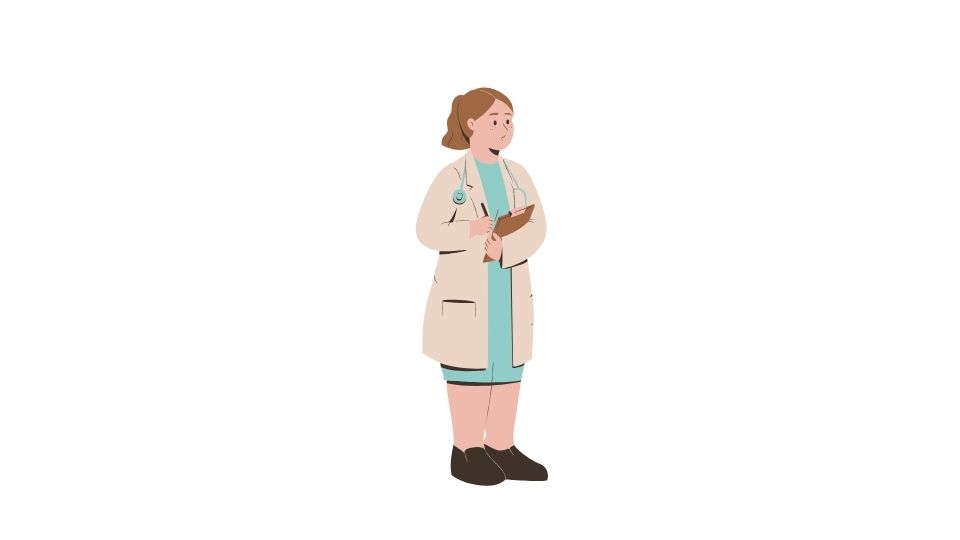How Much Do Health Science Majors Earn?

How much do health science majors actually make? Let’s break down the numbers, expectations, and reality of salaries in this field.
Health science graduates can earn anywhere from $40,000 to over $100,000 annually depending on their specific career path, education level, and location. But there’s a huge difference between starting out and being established in your career.
Think of health science salaries like climbing a ladder – most people start on the lower rungs but can move up significantly with the right qualifications and experience.
The Real Money in Health Science Careers
According to job sites like ZipRecruiter, the average health sciences degree holder makes about $109,580 per year (or roughly $52.68 per hour) as of 2025. That’s not too shabby at all!
But don’t expect that right out of college. Fresh graduates typically earn closer to the $40,000-$50,000 range, depending on:
- The specific role you land
- Where you’re working
- Your specialization
The good news? The healthcare field is one where your salary tends to grow substantially over time.
Location, Location, Location

Your paycheck can vary dramatically depending on where you work:
- New York: Average salary around $119,884 (but also higher living costs)
- Georgia: Significantly lower (ranks near the bottom nationally)
Urban areas almost always pay more than rural ones, but your money might go further in a smaller town. It’s all about that cost-of-living calculation.
Health Science Careers That Actually Pay Well
Let’s get to what you really want to know – which health science jobs make the most money?
| Career | Median Salary | Education Needed |
|---|---|---|
| Chief Nursing Officer | $149,791 | Advanced nursing degree + experience |
| Chief Administrative Officer | $134,084 | Advanced degree + extensive experience |
| Nurse Practitioner | $129,210 | Master’s in Nursing |
| Medical/Health Services Manager | $117,960 | Bachelor’s/Master’s |
| Biostatistician | $104,350 | Master’s/PhD |
| Physical Therapist | $101,020 | DPT (Doctor of Physical Therapy) |
Notice something? The highest-paying roles typically require advanced degrees or significant experience. Your bachelor’s in health sciences is just the starting point for many of these lucrative careers.
What Actually Determines Your Paycheck?

Four main factors influence how much you’ll make with a health science degree:
1. Education Level & Credentials
Want the big bucks? You’ll need more than a bachelor’s. The highest-paid healthcare professionals all have advanced degrees:
- Nurse anesthetists: $214,000+ (requires master’s or doctorate)
- Physicians/surgeons: $200,000+ (requires medical school)
Each additional degree or certification can bump your salary significantly.
2. Specialization Matters
Some specialties simply pay better than others:
- Healthcare administrators: $118,000
- Biomedical engineers: $106,950
- Diagnostic medical sonographers: $80,850
Choose your path wisely! Some specializations require minimal additional education but offer substantial salary boosts.
3. Experience Pays
Entry-level health science professionals make about $40,000-$50,000, but with 5-10 years of experience, many cross the $100,000 threshold. Patience pays off in this field!
4. Geographic Location
The same job can pay dramatically different salaries depending on where you work:
- New York health science grads: ~$120,000
- Georgia health science grads: ~$105,000
What to Expect at Different Career Stages

Your salary journey in health science typically looks like this:
- Early Career (0-5 years): $46,000-$75,000
- Mid-Career (5-15 years): $65,000-$100,000
- Experienced (15+ years): $100,000+
Some specific examples:
- Nursing: Start ~$65,000 → Mid-career ~$84,000
- Health Services: Start ~$46,000 → Mid-career ~$65,000
- Biochemistry: Start ~$52,000 → Mid-career ~$89,000
Future Outlook (Is It Worth It?)

Here’s the good news: healthcare isn’t going anywhere.
With an aging population and expanding healthcare needs, demand for qualified health science professionals continues to grow. The Bureau of Labor Statistics projects strong job growth in many health science fields over the next decade.
Areas with particularly bright futures include:
- Healthcare administration
- Public health
- Allied health professions
All of these are expected to see not just job growth, but salary increases too.
Bottom Line
A health science degree can absolutely lead to a six-figure salary – just don’t expect it immediately after graduation.
The highest-paying roles require investment in further education, specialization, and sometimes geographic flexibility. But if you’re willing to put in the time and effort, health science careers offer excellent long-term financial prospects combined with the satisfaction of working in a field that genuinely helps people.
Starting at $40,000-$50,000 might not seem impressive, but the potential to reach $100,000+ is very real for dedicated professionals who continue developing their skills and credentials.
